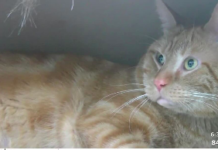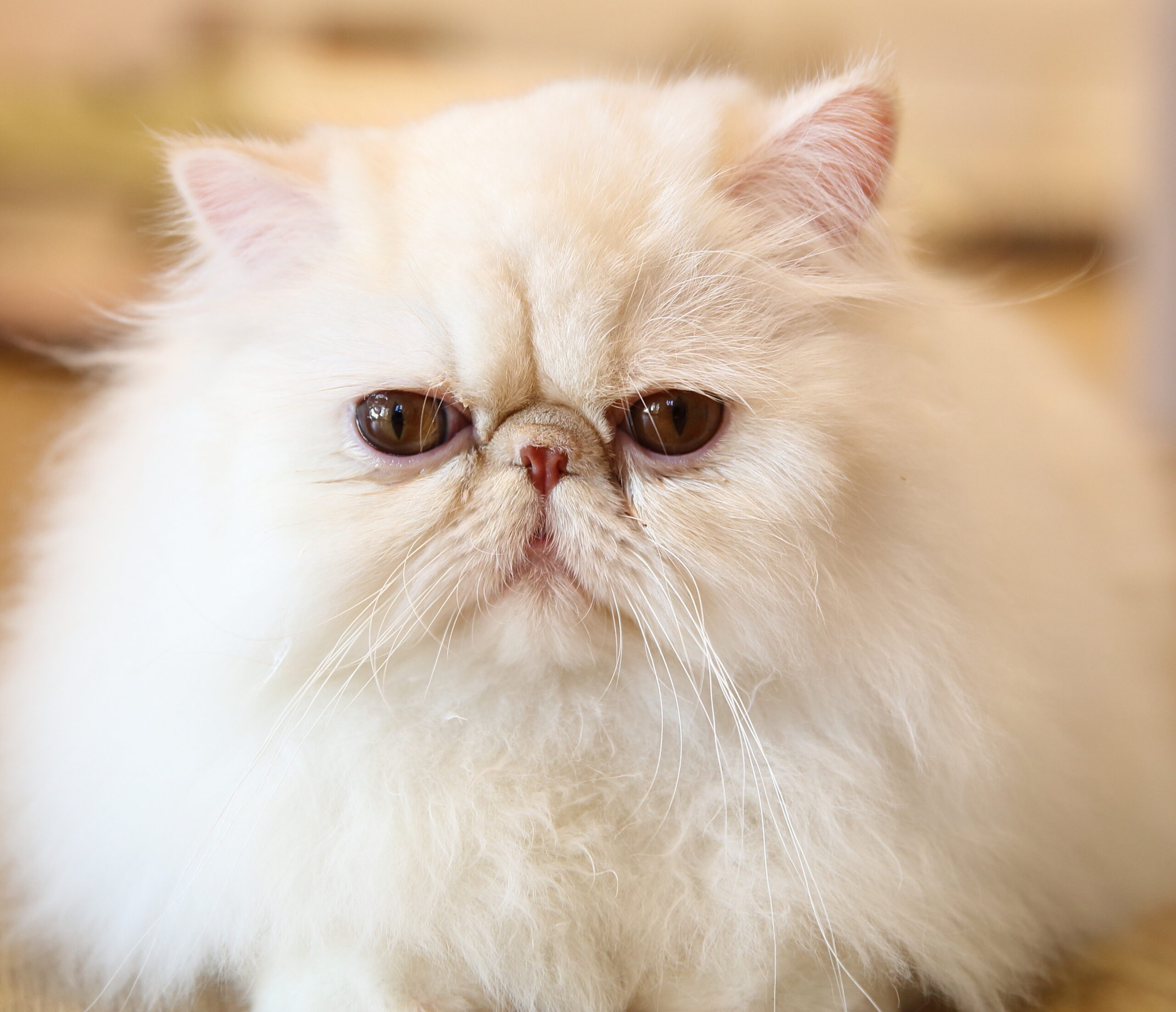Last Updated on September 6, 2023 by Fumipets
Bernedoodle: The Perfect Blend of Bernese Mountain and Poodle
The Bernedoodle is a captivating hybrid breed resulting from the cross of a Bernese Mountain Dog and a Poodle. Known for their tri-colored coats, intelligence, and friendly disposition, Bernedoodles come in various sizes to suit different lifestyles. Grooming and health considerations are essential, but with proper care, Bernedoodles make wonderful and affectionate companions for families and individuals alike.
Bernedoodle Dog
A poodle and a Bernese mountain canine were combined to create the 2003-era Bernedoodle. They are very lovable and enjoy loads of caresses from their families because they were only raised for friendship. Bernedoodles are equally content to lounge on the sofa as they are to hike with their owners. They are lively, energetic canines who, although they can be stubborn as pups, are very trainable due to their large minds.
Appearance
Poodles can have a much broader variety of hair hues than Bernese mountain dogs, which typically have a pattern of black, brown, and white. As a result, Bernedoodles come in a variety of colors. Although they usually have a multicolored coat like their mountain dog parents, they can also be all-black, all-white, or an odd mixture.
Their coat may also be sleeker like a Bernese mountain dog or curlier like a poodle. Your Bernedoodle will typically lose more, on average, if their hair is straighter. In both situations, the Bernedoodle’s dense hair makes it appropriate for cooler climates. A curled Bernedoodle hair is frequently desired because it is thought to be hypoallergenic. The hair of this breed may be a good choice for people who frequently wheeze, cough, or scratch around canines, even though no dog is completely allergen-friendly.
Poodles can be found in three sizes: toy, tiny, and standard, and Bernedoodles can, too. Breeders of Bernedoodles frequently give three different sizes—tiny, miniature, and standard—to accommodate the various care and living requirements of each puppy. As long as she receives plenty of runs and exercise, a smaller breed could comfortably survive in an apartment. The typical Bernedoodle can measure up to 90 pounds and grow as tall as 29 inches. Minis range in height from 18 to 22 inches and weigh 20 to 45 pounds. The United Bernedoodle Registry states that a “tiny,” descended from a miniature poodle, is only 12–17 inches and weights 10–24 pounds.
Temperament
Bernedoodles are the ideal family companion because they are loving and entertaining. They have a particular affection for smaller children and make amazing lifetime friends as kids develop into adults. Despite being clever puppies, they have a tendency to be silly and adore human attention.
Bernedoodles can’t get enough of their family, but they can be tentative, delicate, and wary of newcomers at first. As with all varieties, socialization is crucial if you want your Bernedoodle baby to be at ease and loving around strangers. With the right instruction and positive feedback, she can be very endearing and engaging.
Living Needs
Bernedoodles are the best of both worlds because they enjoy being energetic outdoors (climbing, diving, jogging, etc.) as well as cuddling up next to you. They should not be left alone frequently because they do not understand the concept of personal space. Separation anxiety brought on by loneliness may result in tense behaviors like whimpering or biting.
As long as they receive plenty of care and regular exercise time, a mini or tiny-size Bernedoodle can easily survive in an apartment. And regardless of height, this mix is particularly kind and enjoys spending time with kids. Because they are so docile, they don’t make effective security dogs because they rarely yelp and are more likely to accost intruders than to frighten them away.

Care
A Bernedoodle typically has a frizzy or curled hair, which is great for people with allergies. A Bernedoodle occasionally has a sleeker hair that resembles a Bernese mountain dog’s. They will therefore excrete more, which may not be acceptable to a canine dander-allergic owner. A Bernedoodle breeder will be able to predict the type of hair each baby will have once the brood is a few weeks old in order to pair the right canine with the right owner.
However, a wavy hair means more maintenance is required. Because Bernedoodles don’t excrete much, they’ll need to be brushed frequently to avoid unpleasant matting. Most dogs enjoy being stroked, and the ritual helps owners develop relationships with their pets. A very frizzy, “hypoallergenic” canine will require haircuts every few months, so keep that in mind. They’re not minimal care just because they drop little, though!
Standard Bernedoodles thrive in fenced-in yards where they can play and romp around. They’ll need daily walks to expend their excess energy, but as long as their bodily requirements are met, they won’t probably resort to bad habits like excavating to pass the time. Additionally, they will require ongoing social stimulus to encourage good behavior. The more new animals and people they meet, the more likely it is that they will act properly when confronted with unfamiliar people or circumstances.
Because of her intelligence, Bernedoodles are usually simple to teach. She can also pick up on habits (both good and bad) fast, so it’s crucial to continue teaching her even after the baby stage. It takes a lot of good feedback and, occasionally, perseverance to train a Bernedoodle.
Health
The lifetime of a Bernedoodle is 12 to 18 years. Fortunately, unlike the Bernese mountain dog, the mix species does not carry the same health dangers. On the Bernese branch of their family tree, the average lifespan is only seven years, and cancer, hip and elbow deformity, heart disease, and seizures are very common. Even though Bernedoodles are much healthy than genuine Berneses, they can still be prone to certain allergens, eye illnesses, hip deformity, and elbow deformation. The Bernedoodle is an all-around healthy type that is wonderful for families. Simply keep an eye out for [danger indications like] persistent saliva and the capacity to put on weight rapidly.
Due to their dense coverings, skin problems like red patches can also be frequent in this combination. Hot patches are usually brought on by overly vigorous lapping or biting of a particular region. Because a Bernedoodle is more likely to scratch at their flesh when their hair is filthy and tangled, proper maintenance is crucial.
History
The background of Bernedoodles is brief because they are a young species. Sherry Rupke of SwissRidge Bernedoodles hoped to find a method to improve purebreds and rid the breed of its health problems after years of mating Bernese mountain dogs.
Rupke pondered if she could produce a Bernese variety that had the same health outcomes after mating Goldendoodles with success. As a result, in 2003 the Bernedoodle (or at least the first deliberate cross between a Bernese mountain dog and a poodle) was created. Now, the affectionate, devoted type that resembles a cuddly teddy bear is the favorite of canine owners worldwide.
Frequently Asked Questions
What is a Bernedoodle?
A Bernedoodle is a crossbreed dog resulting from the mix of a Bernese Mountain Dog and a Poodle. This hybrid breed is known for its striking appearance and friendly temperament.
What are the key characteristics of Bernedoodles?
Bernedoodles are renowned for their beautiful tri-colored coats, intelligence, and affectionate nature. They are often gentle and make excellent family pets.
What sizes do Bernedoodles come in?
Bernedoodles come in various sizes, including Standard, Miniature, and Tiny (or Toy). Standard Bernedoodles are larger, while Miniature and Tiny Bernedoodles are more petite and suitable for smaller living spaces.
Do Bernedoodles have specific grooming requirements?
Yes, Bernedoodles typically have low-shedding coats that require regular grooming to prevent matting. Their grooming needs depend on their coat type, which can range from wavy to curly.
Are Bernedoodles prone to any health issues?
While Bernedoodles are generally healthy, they can inherit some health concerns from their parent breeds, such as hip dysplasia. Responsible breeding and regular veterinary care can help mitigate these risks.
https://www.youtube.com/watch?v=qpQx22V259U


















